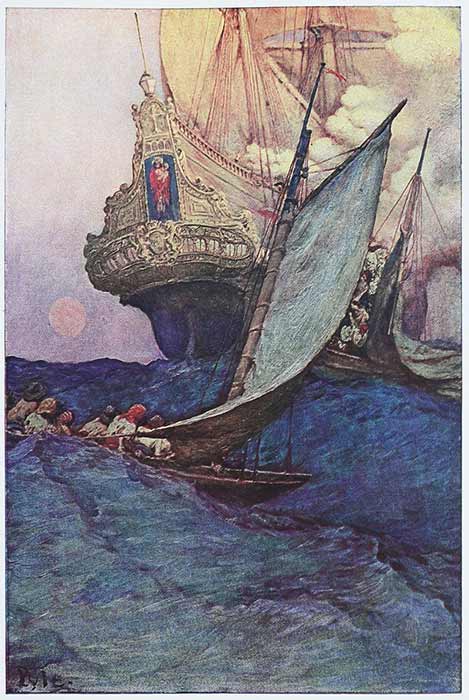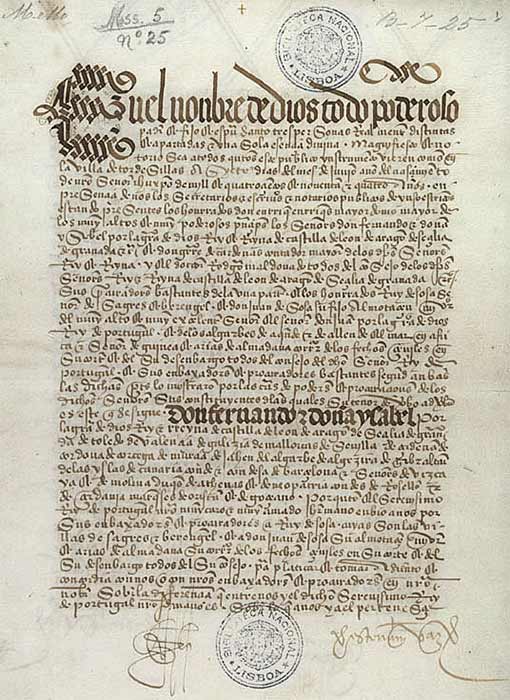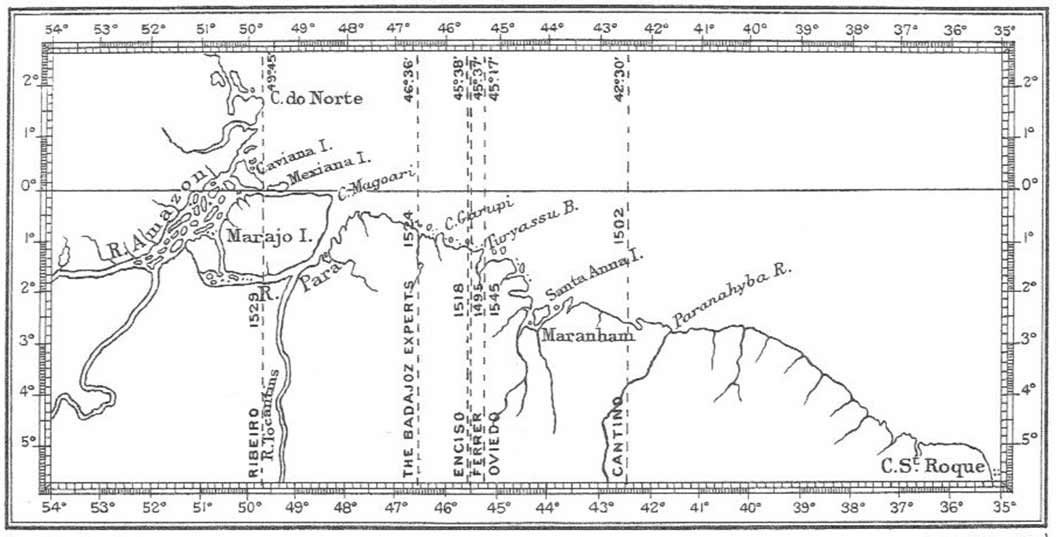
Hostis Humani Generis: Pirates Of Port Royal And Tortuga
The history of piracy has always held the imagination captive, both for what concerns the nautical and its techniques and for the geopolitical landscape it occupied. Its origins spring from the times of the ancient Egyptians to the Romans, up to the famous epic (1630-1730) of piracy in the West Indies (Caribbean) and East Indies (Indian Ocean).

An Attack on a Galleon in Howard Pyle's Book of Pirates (1905) Delaware Art Museum (Public Domain)
The etymology of the word ‘pirate’ comes from the ancient Greek word Peiran, which means ‘to attack’. Basically, the task of a pirate is to plunder, board, steal and kill. The 17th-century chronicles considered a pirate a Hostis Humani Generis: an enemy of mankind (the locution originally belonged to Flavius Eutropius, Roman historian, who dedicated this epitaph of infamy to the emperor Lucius Antoninus Commodus, son of Marcus Aurelius). The word corsair also has very ancient origins, from the Latin Cursus, the language of the ancient Romans. In medieval Latin the word evolved into Cursarium. In both cases the word means in context: to run on the seas for brigandage. The word filibuster, however, seems to derive from the Dutch Vrij Buiter, or English Flyboat, a type of boat, later evolved into Freebooter and then in French Flibustier and Italian filibustiere.

Original page from the Tratado de Tordesilhas. Biblioteca Nacional de Lisboa (Public Domain)
Treaty of Tordesillas
The modern history of piracy on the oceans can most likely be pinned to a particular year, 1494, although debated by many historians. The Treaty of Tordesillas was signed in Castile, on June 7, 1494. It divided the world outside Europe into an exclusive duopoly between the Spanish Empire and the Portuguese Empire along the north-south meridian, 370 leagues (1,770 km) west of the Cape Verde Islands (off the coast of Senegal, West Africa), corresponding approximately to 46° 37' W. The lands to the east of this line would belong to Portugal and those to the west to Spain. This meridian was called raya. The treaty was ratified by Spain on July 2, and by Portugal on September 5, 1494.

Early Tordesillas lines in South America (1495–1545) (Public Domain)
In May 1493, Pope Alexander VI, a Spaniard by birth, decreed in the seal Inter Caetera that all lands west of a meridian only 100 leagues from the Cape Verde Islands would belong to Spain, while the new lands discovered east of that line would belong to Portugal, although the territories already under Christian rule would remain intact. Of course King John II of Portugal was not happy about this, and opened negotiations with King Ferdinand II of Aragon and Queen Isabella of Castile to move the line further west, arguing that the meridian would extend around the entire globe, limiting Spanish control in Asia.




